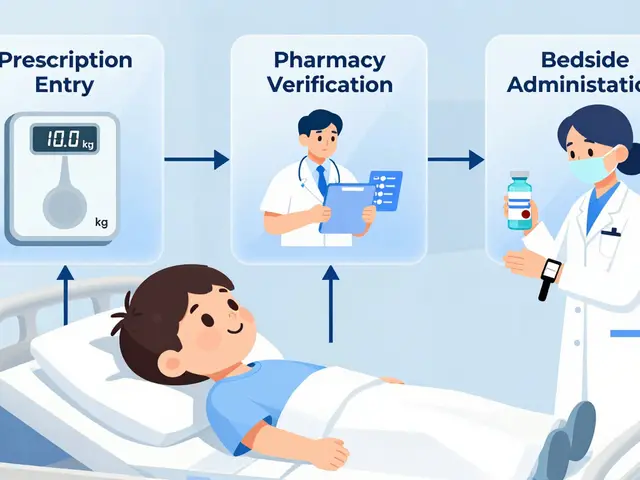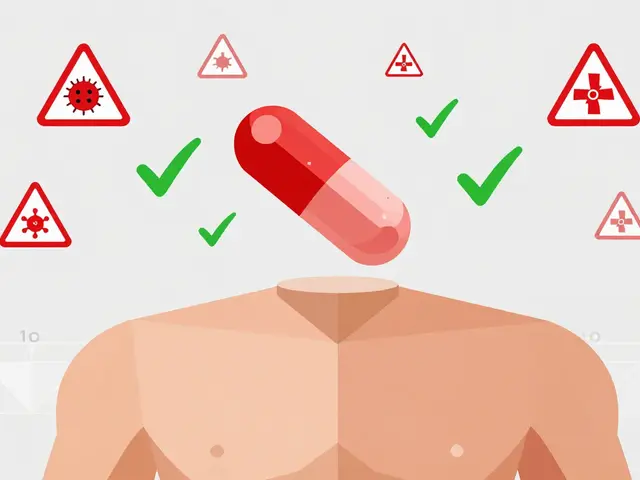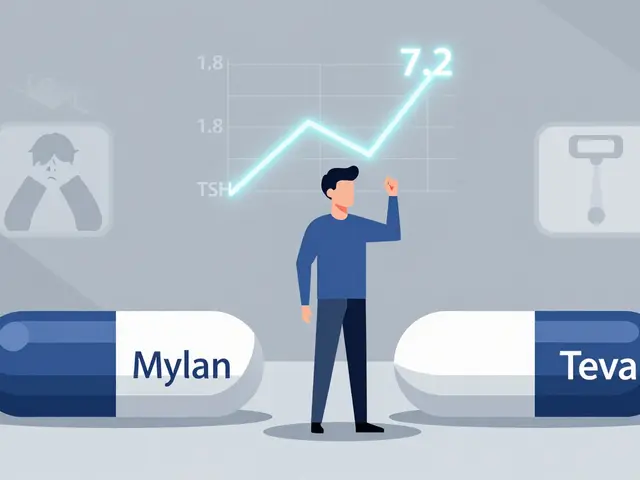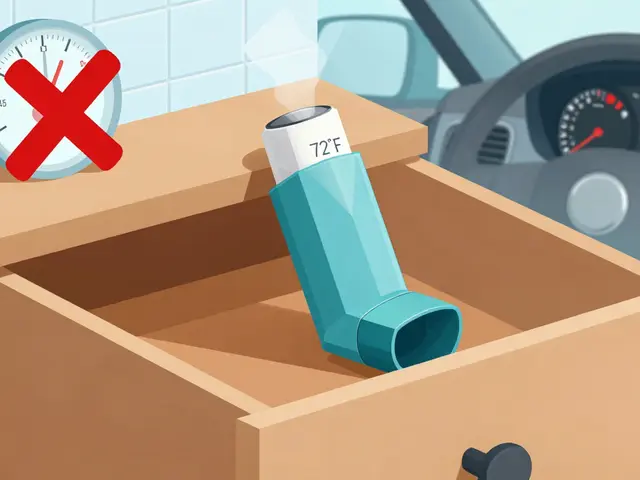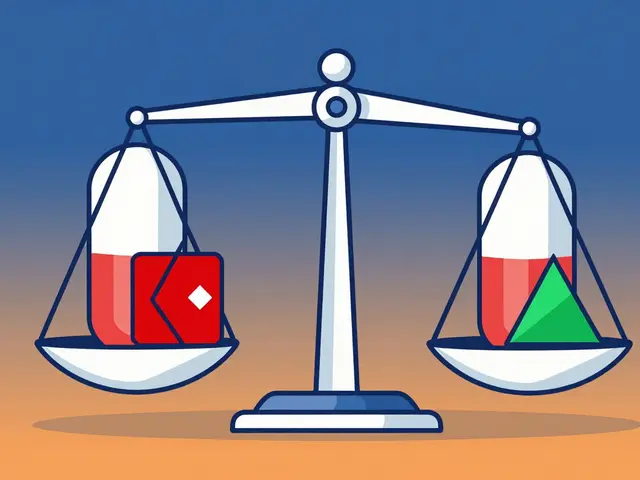Anxiety medication: quick facts and what actually helps
Feeling anxious sometimes is normal. When anxiety gets in the way of work, sleep, or relationships, medication can help. But not every pill fits every person. This page cuts through the noise and gives plain, useful info so you can talk to your doctor with confidence.
There are two big reasons people take anxiety meds: to stop panic or severe symptoms fast, and to manage long-term worry or social anxiety. Which goal you have changes the best choice.
Common medicine types and what to expect
SSRIs and SNRIs (like sertraline, fluoxetine, venlafaxine) are the most common long-term option. They usually take 4–8 weeks to show steady benefit. Expect side effects early—nausea, sleep changes, or sexual side effects—but many ease after a few weeks.
Benzodiazepines (alprazolam, lorazepam) work fast for panic or extreme spikes. They calm quickly but can cause drowsiness, memory issues, and dependency if used daily for months. Think of them as a short-term bridge while other treatments start to work.
Buspirone is a non-sedating option for ongoing anxiety. It takes several weeks to work and tends to cause fewer side effects than benzodiazepines.
Beta-blockers (propranolol) help with physical symptoms—racing heart, trembling—so they’re handy for public speaking or short-term events. Antihistamines (hydroxyzine) are sometimes used short-term if sedative effects are acceptable.
How to choose and use medications safely
Ask your prescriber three things: how long before I’ll feel better, what side effects to watch for, and what’s the plan if it doesn’t work. If you’re already on other drugs, tell them—interactions matter. Avoid alcohol while taking most anxiety meds; it can worsen sedation or increase side effects.
Tapering matters. Stopping abruptly can cause withdrawal—especially with benzodiazepines and some older drugs. If you’re thinking of stopping or switching, get a clear taper plan. Slow, steady reductions under medical supervision lower risk.
Combine meds with therapy. Cognitive behavioral therapy (CBT) and exposure therapies often boost results and reduce long-term medicine needs. Lifestyle changes—regular sleep, exercise, cutting caffeine—help a lot too.
Buying meds online? Use only licensed pharmacies that require a prescription. Cheap, unlabeled pills online can be dangerous. If cost is an issue, ask your pharmacist about discounts or generics—most effective meds have safe, low-cost generic options.
If side effects are severe—suicidal thoughts, high fever, severe allergic reaction—seek urgent care. For everyday questions, schedule a follow-up so adjustments can happen before problems grow.
Want more practical guides—like tapering protocols or alternatives to specific drugs? Check the related posts on this site for step-by-step tips and real-world advice from users and clinicians.
Buspar, also known by its generic name buspirone, is a unique medication used to manage anxiety. This article dives into what makes Buspar different from other anxiety medicines, what to expect while taking it, and real-life tips for making it work. You'll find practical advice, fascinating facts, and a realistic look at how people, including those like me, fit Buspar into everyday routines. If you're looking for straightforward info about Buspar's uses, side effects, and honest stories, you've landed in the right place.
Continue reading...


